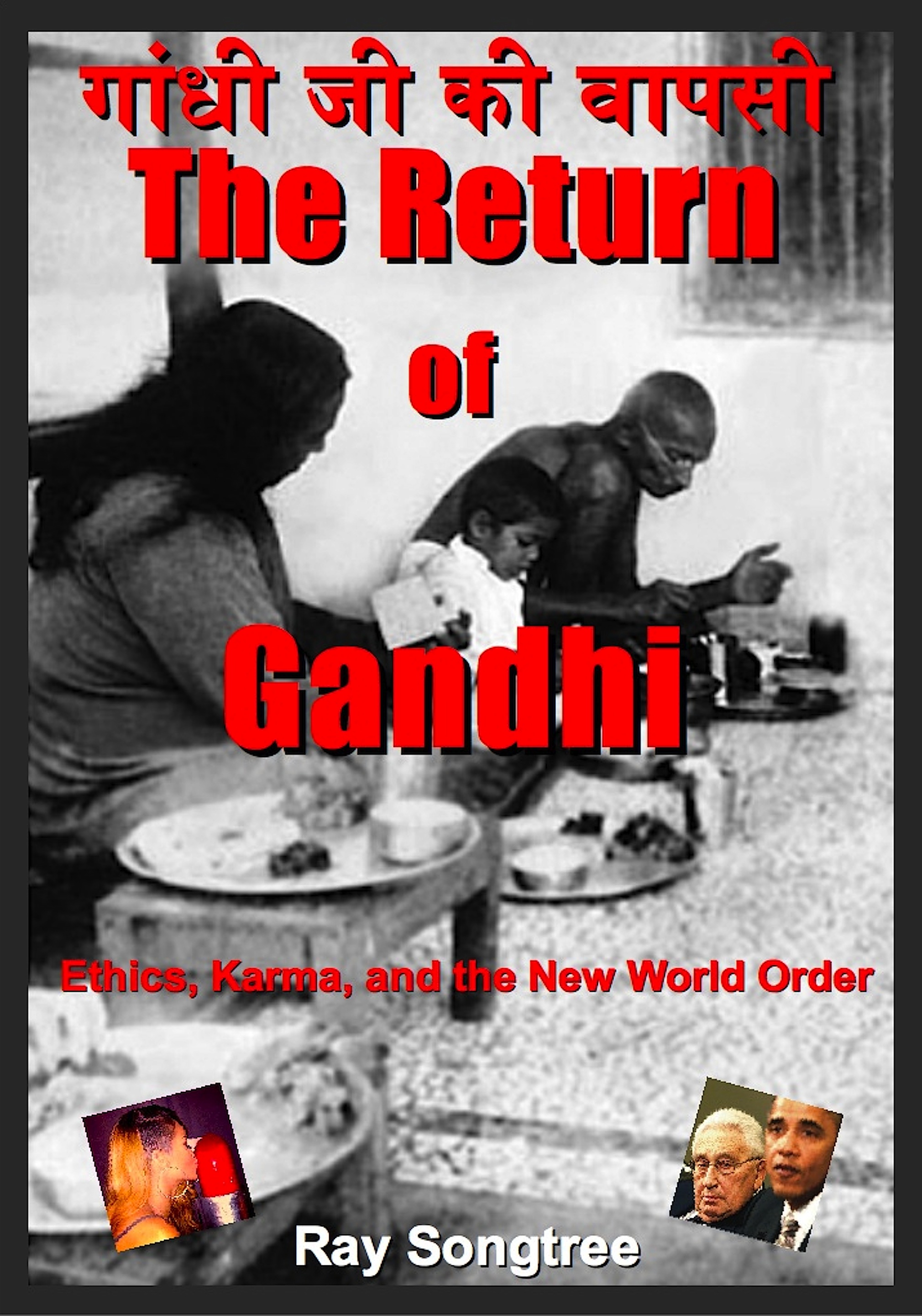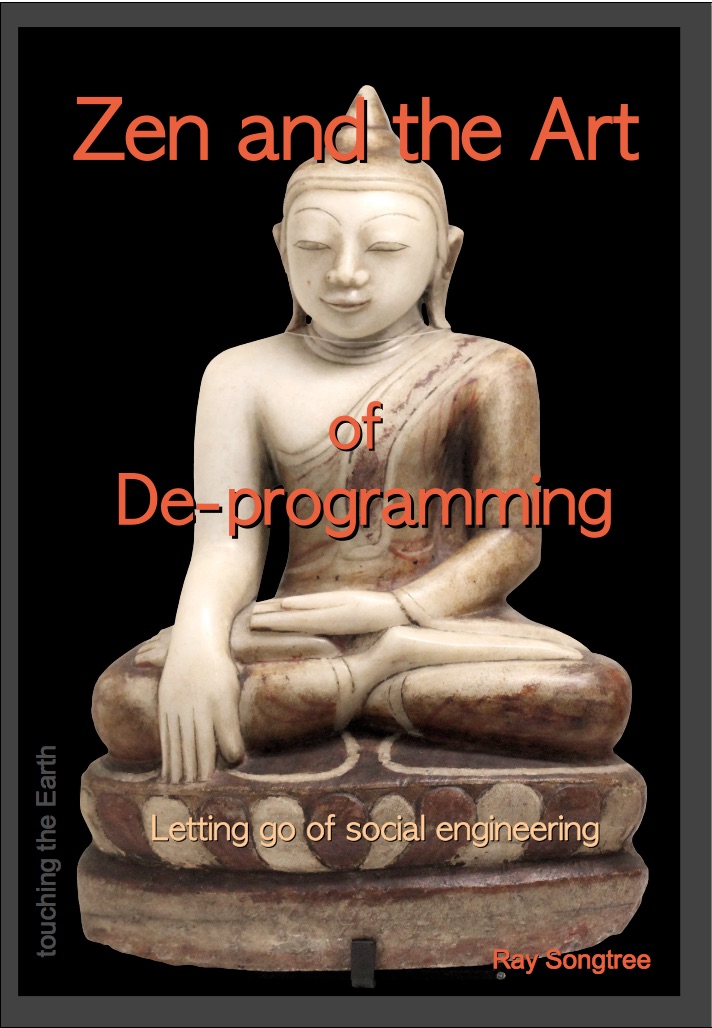Letter Jan 19, 2017
N,
This is my experience, and my mom’s experience. Psychologists are lost in the head and are neither actualized nor grounded simply because they are too disconnected to have a spiritual practice. Freud was a Rothschild minion helping divide and conquer the mind for MK-ultra and advertising. When you think Freud, think Edward Bernays, his nephew. Freud was also a coke-head pervert and psychology followed suit.
I wonder if this Dr. Albrecht has stood up to American Psychology Association syndrome of naming syndromes, and how it is used to persecute and jail and torture dissidents and force society into a straight jacket. Has he spoken up against Common Core Curriculum? I found nothing on web. Has he protested Ritalin?
Backlash – Adhd Lawsuits | PBS – Medicating Kids | FRONTLINE …
pbs.org/wgbh/pages/frontline/shows/medicating/ba
Though he has specialized in defining intelligence, he must believe his designations and be stuck there if he has not posted articles on the vanity of mapping anything.
Trump is not a simple as he seems. His choice of RFK Jr to investigate the CDC should make every truther sit up on edge of seat. Kennedy brings knowledge and passion to exposing all false flag events. (I doubt Albrecht knows what a false flag is.) The entire cabal is probably freaking out, and I am now a believer in Trump as a revolutionary. (Except for Israel which is a big one). Trump figured out 9/11 in almost real time. So he is very saavy. Albrecht is the opposite. I believe Trump is now constantly being briefed with real intel and knows much more about the secret state than everything we know. When the CIA tries to BS him now, he will act polite and his people will take notes and names. The daily briefings are going to be a test of fire.
For me, the reasons pundits can’t figure out Trump is that they are used to dealing with placed minions, not entrepreneurs. (Was Trump a placed entrepreneur? Yes, I think so.) Since these pundit types are themselves placed minions, they can’t imagine real leadership. For some reason, Albrecht who writes about leadership, doesn’t seem to understand what charismatic power might be. It is not something that fits a mold. It cannot be mapped. It is bigger than life. It is bigger than analysis.
We have not had real leadership since JFK. LBJ was owned as you know, going along with Gulf of Tonkin and USS Liberty, and Nixon was just a mouth piece under Kissinger, and Carter under Brzezinski. Reagan only lasted a few months before VP Bush Sr. took over. And then came the Bush/Clinton/Bush/Obama dynasty that just officially ended for good. Cry cry.
I put some bold on your words below. Feel free to send this back up your email tree with my website url
here it is simplified www.raysongtree.com
On 1/19/2017 at 7:20 PM, “Nancy” <N wrote:
I wondered what you might think of this. I think it’s fairly useless, since the guy is analyzing someone he’s never met and looks to be misinterpreting his behavior. It is my understanding from a number of sources, that Trump is really quite intelligent; because he didn’t read books written before him, for example, only suggests to me that he already knows what they say; and he doesn’t waste time on things that are not relevant. Anyway, as far as I got, I think this guy is just another unwitting misinformant.
N
https://www.psychologytoday.com/blog/brainsnacks/201701/why-the-pundits-cant-figure-out-donald-trump
from Psychology Today Posted Jan 05, 2017
by Dr. Karl Albrecht
As a management consultant who’s studied executive leadership for over 30 years, I’m amused to see how bemused most Americans are with Donald Trump. Pundits, politicians, people who despise him, and even people who worship him can’t seem to grasp the simple truth of this man, which is: He Is Actually As Simple as He Appears. He isn’t “hard to figure out” – what you see is what you’ll get. [He is dead wrong, but I’ll let him spin his own web.]
We’re Making it Too Difficult
Commentators of all stripes insist on asking, every time Trump says or does something newly outrageous, “What does that tell us about how he will run the country?” All through the election campaign, news writers and political experts lamented about his “contradictions”: “What is his policy on trade war with China?” “Will he actually build The Wall with Mexico?” “What will he do about NATO?” To understand the dynamics of a Donald Trump government, we first have to clarify the dynamics of Trump as a person(ality). Here, I’m trying for some kind of non-partisan descriptive model that neither villainizes or deifies him. I recognize that some folks will interpret any kind of psychological description offered as a condemnation, so I’ll just have to live with those reactions. Here’s a rough cut at one hypothetical model of a Trump presidency, for what it’s worth – seen from a management consultant’s point of view. Again, I emphasize that I’m not trying to praise or condemn the man – only to describe the power constellation that I’m guessing will form around him.
1. Posit: Donald Trump is a very unusual person: a combination of circumstances and personality like this comes along, maybe, once in a century. I don’t feel that’s an exaggeration. Certain key features of the Trump temperament and cognitive process will almost certainly shape the power relationships and procedural dynamics of this government. As I perceive them, they are:
- He has a remarkable level of drive and determination to pursue whatever he decides he wants.
- He has a narcissistic personality (again, not a condemnation – don’t smite the messenger), which some psychologists would rate as a clinically significant disorder (known as “NPD”). If so, he is definitely a talented, high-functioning NPD.
- Consequent to the narcissistic dimension, he has few truly intimate relationships, and trusts very few people. He tends to see other people as objects, in a sense, to be used in the pursuit of his intentions. He tends to dichotomize his perceptions of others – they’re either fans/friends/disciples, or they’re enemies. A friend who misbehaves can quickly get demoted to the enemy list. He tends to view dealing with others through a kind of “win-lose” lens, seeking to get “one up” whenever possible.
- He has a very short attention span, which some have characterized as ADD. He is a man of exceptionally shallow intellect, with little interest in theories, doctrines, policies, plans, or procedural thinking (which does not imply that his general intelligence is limited). Intellectually, he is a creature of the moment. He lives in the now. This will cause endless frustration for agency professionals such as intelligence officers, if they try to explain complex issues or situations to him.
- He has what developmental psychologists refer to as “low impulse control,” meaning that he is given to acting on his first reaction, particular when he perceives someone’s action or statement
- He might have some dyslexia (this is a guess). If so, it would have a huge impact on the way he processes information – and the way others communicate with him. I don’t believe he uses a computer or email, or reads very much (his ghost-writers report that he hasn’t read the books they wrote for him). It appears that his only out-bound communication channel is Twitter.
- Consequent to the ADD and possible dyslexia, he is very likely to be a right-brained (intuitive) thinker. That orientation often becomes the default preference when linear/procedural thinking is less accessible. Consequently, his decision making tends to be instinctive/visceral rather than analytical. He trusts his instincts (and that trust was vindicated by his stunning victory in the Electoral College).
- He is deeply suspicious of intellectuals and “wordsmiths” – those who craft complex messages and confront him with his contradictions. He has held, and probably will hold, very few press conferences of the conventional kind. [Who would? Only a minion.] He tends to see journalists as dangerous, and almost universally to be despised or distrusted. [Not true, this Dr. doesn’t understand what mainstream journalism is, for all his alleged intelligence, he has never studied who owns the media and why.]
- He will very likely invest heavily in a PR campaign to create a “cult of personality” around himself – a sort of “Dear Leader” image that he will expect all of his subordinates to praise and promote at every opportunity. [Not at all. He has already made appointments that will change everything and his legacy will be action.]
[The rest of this piece is a waste of time. Trump understands the country is in a swamp of corruption. That is the only theory a righteous leader would need.]
Considering all of the above, I posit something that may be difficult for many people to get their minds around. And that is:
Donald Trump has no theory of government, and doesn’t need one.
He has no established policy, plan, or agenda for any particular issue – immigration, trade, taxation, etc. For people with his particular cognitive orientation, every day is a new day; every conversation is a new conversation. Those who don’t grok that will, in my opinion, always be trying to figure out his “actual” intentions.
How Does a Man Without a Theory Govern?
Now – if any of the above is even remotely plausible – how might Donald Trump and the constellation of co-leaders he forms around himself go about business?
2. Posit: Trump will probably approach the presidency with the mindset of a divinely inspired monarch, not that of a political operator or ideologue. He will tend to preside, decide, and rule based on issues and problems as they arise. Policy initiatives will most likely bubble up and evolve within the inner circle, and he will engage those that appeal to him. This might be reminiscent of the English kings of old, or perhaps the Chinese emperors, particularly the last one (but with less ceremony, pomp, and circumstance).
3. Posit (if I haven’t lost everyone by this point): as a result of this quasi-imperial style, his inner circle will probably look something like the mandarins of the Chinese court, each with his own secret agenda, and each jockeying for power and status with the god-king.
4. Posit: because of his reluctance to trust strangers, his inner circle will likely consist almost entirely of “buddies” – people he knows well and believes he can trust. There will likely be few, if any, professional administrators in the Cabinet. Associated with that, there may be bitter conflicts amongst the mandarins, which will bubble below the surface. Cabinet meetings will be more like parties and cheerleading sessions, not dragged-out discussions of policies, plans, and agendas. The real policy work will probably get done in the halls and offices, not the Cabinet room. Privately, his leadership pattern will probably be “radial” (as it was with Lyndon Johnson) – one issue = one person in his office. There will probably be very few group “head sessions.”
5. Posit: one of the mandarins will probably graduate to the #2 power position. His VP (Mike Pence) and his Chief of Staff (currently Reince Priebus) are two likely candidates, but neither is guaranteed. The effectiveness of the Trump leadership molecule will depend heavily on the mutual cooperation of the mandarins, which might be a risky assumption. Each of them might seek to make his own secret deals with key members of Congress.
6. Posit: Trump’s relationship with the key players in Congress is difficult to generalize. He doesn’t owe any of them much of anything, and he certainly won’t be bullied by ideological factions. It could be a short honeymoon. The “great housecleaning” (i.e. the destruction of the Obama legacy) might be difficult to pull off, considering the decades-old pattern of Congressional dysfunction and deadlock. As noted, I believe many people are projecting ideological convictions into their perceptions of the man – convictions that might not actually be there.
7. Posit: insiders will discover (if they already haven’t) that the way to influence Donald Trump is to make their case in terms that are personal to him. Barack Obama demonstrated this dynamic, I believe, when he invited Donald and Melania to the White House. Trump seemed genuinely moved by the gesture of respect and acknowledgement, and he even softened his tone in his press comment afterward, with regard to the repeal of Obamacare.
8. A grand summary: the world probably won’t come to an end under a Trump presidency, nor will the hopes and dreams of the Democrats and non-Trump voters be dashed. Most of the extreme predictions – from both ideological wings – probably won’t materialize. The “angry Americans” will have to face the fact that their brave new world probably won’t materialize; that millions of jobs won’t suddenly come rushing back to the heartland; that The Wall will probably turn out to be a patchwork fence; that the deportations will be slow; and that ethnic immigrants will still find acceptance. Very possibly the one point of bipartisan agreement could be a massive investment in the U.S. infrastructure – long overdue. That alone could heal a lot of pain.
9. An ideological point, and then I’ll end this – much too long – rant. I believe the founders of the American Republic either had an uncanny understanding of mass behavior, or the benefit of some divine guidance. In any case, they crafted a model for government that has withstood the craziness, ignorance, and incompetence of a long parade of misfits. It’s still here. This is just my $0.02 – your mileage may differ.
The Author:
Dr. Karl Albrecht is an executive management consultant, coach, futurist, lecturer, and author of more than 20 books on professional achievement, organizational performance, and business strategy. He is listed as one of the Top 100 Thought Leaders in business on the topic of leadership. He is a recognized expert on cognitive styles and the development of advanced thinking skills. His books Social Intelligence: The New Science of Success, Practical Intelligence: The Art and Science of Common Sense, and his Mindex Thinking Style Profile are used in business and education.The Mensa society presented him with its lifetime achievement award, for significant contributions by a member to the understanding of intelligence. Originally a physicist, and having served as a military intelligence officer and business executive, he now consults, lectures, and writes about whatever he thinks would be fun.




